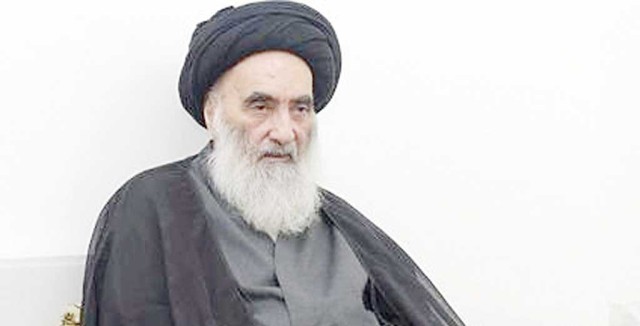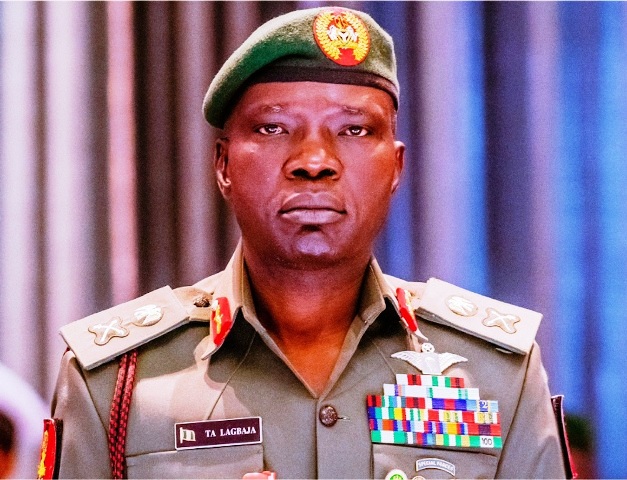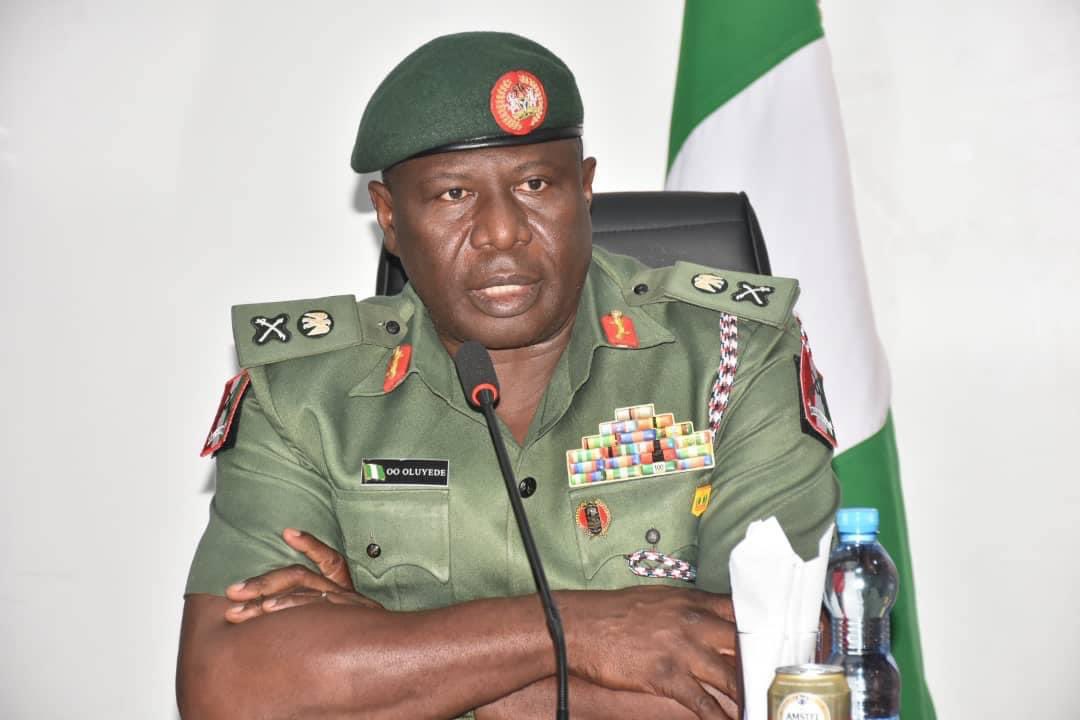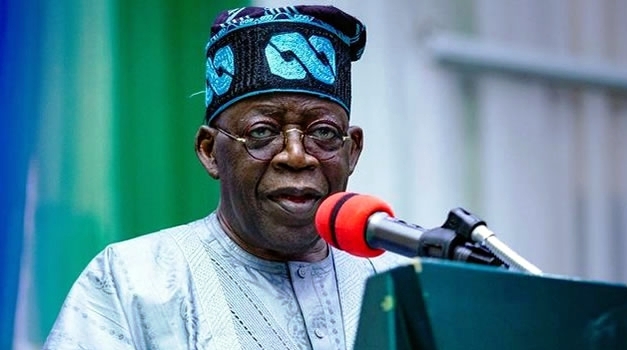ADDRESS BY PRESIDENT BOLA TINUBU AT THE 2023 CABINET RETREAT FOR MINISTERS, PRESIDENTIAL AIDES, PERMANENT SECRETARIES AND TOP GOVERNMENT FUNCTIONARIES AT THE STATE HOUSE CONFERENCE CENTRE, ABUJA ON WEDNESDAY, NOVEMBER 1, 2023
It is a great morning in Nigeria and I am humbled and happy to stand before you on this retreat, with forward-looking determination to embark on a very strong, bold endeavour to rebuild our country’s economy and our people’s hope renewed.
2. Thank you very much for your attendance. With strong determination, we are brought together the best brains, the best hands to navigate the future of this country.
3. We are not looking backwards; we can’t compare and give excuses. This is our country we have to build it; we have to renew the foundation. We have to give hope to the populace, to Nigerians in doubt whether democracy and economic growth will be the pathway to their prosperity.
4. I’m here to assure you and walk with you the best brains we can put together in civil service, the brain that we can put together in our democratic parliament and have been chosen for us by the public.
5. It is a good thing that the chairman of our party is here but the President is the president of all, whether affiliated with some political parties, regardless of religious, ethnic or otherwise, we are one.
6. A great Nigeria is possible, and a greater Nigeria will come under your commitment, guidance, and resolute determination to give the country a direction.
7. I’m with you. And please be assured that this great country is one family in one house, geographically located, partitioned, and living in different rooms. But we are all one family.
8. And we are here to make allegiance and give direction to that one family, making sure that relationships can only be stronger if we give hope to our people. We can only achieve our mission with boldness and strong determination with collaboration.
9. As I’ve stated before, no one succeeds alone. You the civil service, you must not see a minister as he or she will come and go and you will be there. You must make a positive team for the good of this country.
10. Yes! I admit and accept the asset and liability of my predecessor. It’s part of the definition in my professional background.
11. But you are in this ship. You will make good of it but not wreck it. You are a member of a great family; don’t see that minister as opportunistic. See, he or she as a partner that we must take the ship forward. Navigate it through turbulence and clear weather.
12. We are lucky we have a nation; the challenges are all over the world. You can see the chaos all around you. But be focused, like a man driving in the tunnel, don’t see the sky, don’t look up, face your direction. Be committed to the value and principle of results that will affect you, your neighbour, and the entire nation.
13. We’ve spent the last six months reviewing and evaluating ourselves, we’ve come a long way, but we set the agenda. Healthcare is a priority. Education of our people is a must. There is no other weapon against poverty than education. You have the opportunity to change things.
14. Recently, three days ago, we received the Chancellor of the Republic of Germany and his delegation of investors. One of their key complaints and the question is whether they can bring their capital, repatriate their dividend, or, if not satisfied, take their capital away. The Minister of Trade and Investment was called upon by me to explain further, that those obstacles are gone, never to come back again. We are open for business.
15. That is why we established the Result Delivery Unit. At the end of this retreat, you’re going to sign a bond of understanding between you, the ministers, the permanent secretaries, and myself.
16. If you are performing, nothing to fear; if you miss the objective, we’ll review; if there is no performance, you leave us. No one is an island, and the buck stops on my desk.
17. I assure you, you have a free hand. You must be intellectually inquisitive to ask how, why, when, and why it must be immediate. You have the responsibility to serve the people.
18. I’ve taken a young lady very dynamic, Hadiza Balla Usman, to head that delivery unit. If you have any complaints about her, see me. If you’re ready to work with her, stay there. Delivery, yes! we must achieve it for the sake of millions of people.
19. Yes, we are talking about the population of this country. What do you do with it? Make it an asset or a liability? Focus on its progress and come up with bold endeavours. We are great talents around the world, the biggest intellectually sound country in Horn of Africa.
20. Yes, we have challenges in the Sahel, we have challenges of climate change, south and north of Nigeria is battered, with ocean surge, we have desert encroachment in the north, but we are still blessed with arable lands. We can do it; we can build our country.
21. It’s not about theorizing. It’s about practical determination and focused evaluation. Yes, it is our country. We have no other one. Let’s be proud that we are Nigerians. We can do it, we can show leadership, we can fight to make democracy a lasting reference for the rest of Africa.
22. Don’t be afraid to make decisions, but don’t be antagonistic of your supervisor. If they are wrong, debate it. I stand before you and I’ve claimed on several occasions and I’m saying today again as the president, I can make mistakes, point it to me I would resolve that conflict, that error, perfection is only that of God Almighty. But you are there to help me succeed. Success I must achieve by all means necessary.
23. We have great minds, great intellectuals, great intellects, and all that we need.
24. When we were discussing this retreat, I said other than members of diplomatic corps to give us goodwill and inspiration, don’t invite any foreigner to give me a lecture about governance. I’ve been through it, and I believe in Nigeria.
25. It started from the day I was sworn in, and that bold endeavour is only achieved through courage, determination, and focused leadership.
26. We are going through the reform, painfully, and we still have other challenges. Don’t be a clog in the wheel of Nigeria’s progress.
27. Let us look forward. Let us be determined that corruption will go, progress will be achieved, better wages for our workers, and living wages.
28. We will transform the economy to work for millions of our citizens. We must take 50 million people out of poverty. We must build healthcare that works for all. Look around. Don’t be wicked. Look at the standard of education, look at the classrooms, and look at the roads. We can only spend the money, we will find it, we can not spend the people.
29. No crime in borrowing. Thank you, World Bank, for being a lending friend. But let your achievement be homegrown. The determination that Nigeria can do it is here.
30. If it had not started six months ago, we are here to switch off the light, make you included, and make all Nigerians included. Our path for tomorrow is charted for our children and grandchildren. Don’t be selfish about it.
31. Poverty is not a shameful thing. It’s only unacceptable. And we have to banish it because it’s unacceptable. Let’s work on other identifiable areas.
32. Because a memo is submitted to you doesn’t mean that is the end of that matter. Think through it. Be inquisitive. Ask how, when, why.
33. I’m ready to enjoy the retreat going forward. We are not retreating from progress. We are just to talk to one another and chart a path for progress and prosperity of this nation. I’m honoured to declare this brainstorming session open. Thank you.
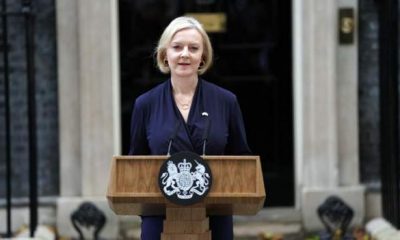
 Main Story2 years ago
Main Story2 years ago
 News2 years ago
News2 years ago
 Sports1 year ago
Sports1 year ago
 Business2 years ago
Business2 years ago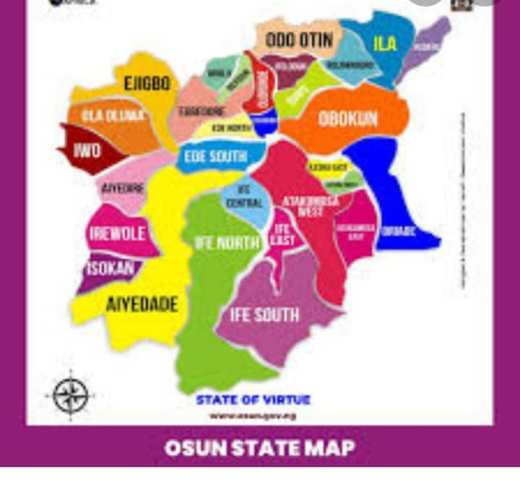
 Featured2 years ago
Featured2 years ago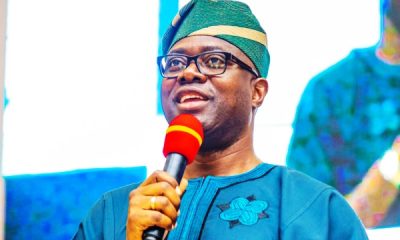
 Main Story1 year ago
Main Story1 year ago
 News2 years ago
News2 years ago
 Economy2 years ago
Economy2 years ago
